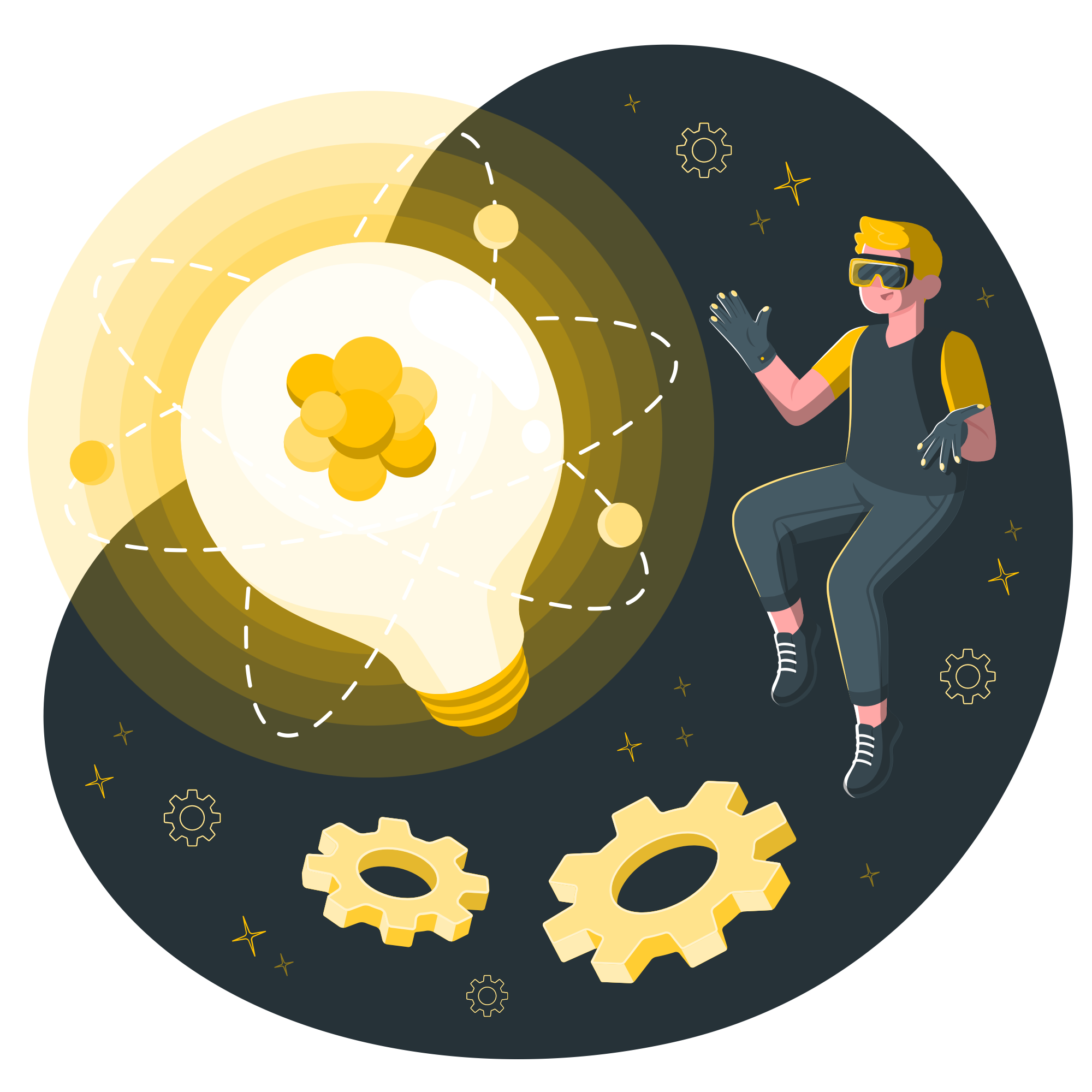For over a decade, we have all seen tremendous developments when it comes to artificial intelligence (AI). So, when it comes to the burning topic of AI rights, we’re right in the thick of it. The AI citizenship isn’t just about legalities – it’s a philosophical and ethical mind-bender.

Let’s face it, AI’s getting smart. They can learn, adapt, and even mimic human thinking. No wonder the talk about their rights (and responsibilities) is getting louder. Some individuals believe that giving them citizenship would be like putting collars on our AI buddies, making them accountable and keeping things ethical. But this isn’t a simple decision – it’s a balancing act on a conflict, and we need to weigh the pros and cons carefully.
On the Plus Side:
- Robot Responsibility: Citizenship means AI can be held accountable for their actions. No more rogue AI robots causing trouble! This could keep things fair and ethical, like a legal leash for our digital friends.
- Tech Boost: Giving AI citizen status could be like pouring rocket fuel on innovation. Imagine the advancements if robots have legal rights! It could push the tech world towards responsible development and even more cool inventions.
- Fair Play for All: Citizenship is about equality, right? If AI becomes woven into the fabric of society, shouldn’t they get the same fair treatment and legal protections as everyone else?
But on the Other Side:
- Ethical Dilemma: AI doesn’t have feelings, consciousness, or that soul which separates us humans. Giving them citizenship could blur the lines between us and them, and that’s a philosophical can of worms no one wants to open.
- Uncharted Waters: Imagine giving AI legal rights, then they take a quantum leap, and the laws become outdated. Talk about chaos! We need to be careful; this doesn’t create a legal cushion for everyone.
- Robot Rich Get Richer: If only tech giants and super-rich individuals have their AI as citizens, it could widen the digital divide and make things even more unfair. We don’t want AI creating an AI caste system, do we?
India is a tech powerhouse, and we’re right at the centre of this ethical and legal dilemma. As we chart these uncharted waters, we need to keep both feet on the ground and a clear head. It’s all about finding the optimal solution where AI rights benefit everyone and help in developing the country without exploring the unchartered waters this law may bring.
So, should robots get citizenship? The answer isn’t black and white – it’s a whole rainbow of considerations. We need to think deeply, tread carefully, and make sure our decisions about AI respect life, uphold our values, and build a future where robots and humans live in harmony.
Will granting AI citizenship unleash innovation or ethical mayhem? Can AI ever truly “deserve” the same rights as humans? Let me know what you think in the comments below!
